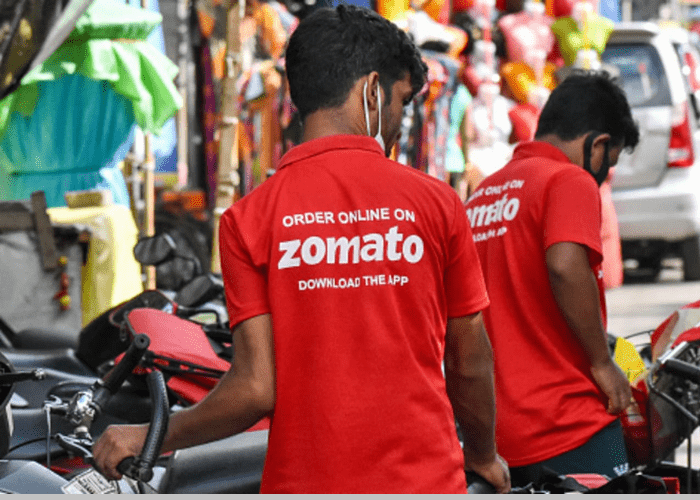Does your organisation score high in terms of culture? Then rest assured, it is 1.6 times more likely to see improved Net Profit Margin over time. Such an organisation is also 1.7 times more likely to witness increased free cash flow. Organisations with high culture score are more likely to experience increased total shareholder returns over time than their counterparts with low culture scores, says the ‘India Culture Report’ by Deloitte.
Fortunately, Indian organisations score high in terms of culture. They are driven by growth opportunities and are increasingly focusing on inclusion. All thanks to the growing emphasis on reskilling and employee development and government initiatives such as Skill India. There is also enhanced support for women in leadership with more autonomy being given to employees. There is focus on CSR initiatives, with commitment to transparency and integrity. Additionally, diverse opportunities and creative freedom are available to the workforce and cross-function collaboration is encouraged. Add to this performance-linked rewards for high performers and effective and clear leadership communication, and business success is within reach.
There is a higher spread of culture scores across the financial services industry highlighting significant cultural differences across firms. The consumer industry has witnessed a high proportion of companies in the top quartile, with equal dispersion across other quartiles. In the energy, resources and industrials space, most organisations score below the 75th percentile, reflecting similar culture patterns.
What does a higher culture score reflect?
About 92 per cent of the organisations have a high (>= 80) culture index for growth and learning driver. A higher score means the organisation offers sufficient personal and professional-development opportunities via structured learning programmes, mentorship and continuous feedback.
About 76 per cent of the organisations have a high (>= 80) culture index for empowerment and inclusion driver. That means the leadership is strong and empowered and the organization has a culture of collaboration. This leads to high employee morale.
About 51 per cent of the organisations have a high (>= 80) culture index for ethics and sustainability driver
What are Indian organisations doing right?
Organisations have embraced a continuous learning culture. They are offering a range of training resources to help employees enhance their skills, stay updated and progress in their careers.
Managers are approachable to their team members and play great mentors. They are able to empower employees and help them thrive and flourish in their roles.
Employees are being offered ample opportunities to explore multiple career paths enabling skill enhancement and diverse role exposure.
When leadership is empowered to promote inclusivity and open dialogue, a culture of collaboration and innovation is automatically fostered in such an organisation. There is equal access to resources ensuring an ideal environment where employees contribute significantly and thrive.
When there is a culture of teamwork diverse voices are heard, which creates an environment of high performance.
Organisations are offering a transparent and supportive culture for employees, prioritising integrity in practices. They are committed to social good and creating a positive impact on society. Corporate social responsibility and community engagement are high on organisational priorities.
More organisations are committed to sustainability initiatives and encouraging employees to be involved in eco-friendly practices that align with long-term sustainability goals
What shouldn’t Indian organisations do?
Organisations should not limit promotions, as this will cause slow career progression. The focus should be on increasing skills rather than tenure. The wrong focus will lead to stagnation of employee career.
If there are not sufficient training programmes customised as per the employees’ learning needs, things can go south. Generic programmes will not do. Instead, training programmes should focus on supporting tasks.
If employees’ contributions are not acknowledged, their morale is adversely affected which kills the motivation to innovate and collaborate.
Employee well-being shouldn’t be overlooked either. If the focus on mental health is weak, there will be no sense of belonging and employees will be disengaged.
Increased layoffs reflect a lack of ethical standards, which leads to employee dissatisfaction.
Organisations that are known to exploit policies for their vested interests fail to attract quality talent. Manipulative strategies such as posting fake reviews on review platforms to project a positive work environment fail to draw the younger generation.
The report was based on data from six key industries in India and 1,70,000 reviews on social-media platforms. The culture assessment is based on Deloitte’s proprietary framework encompassing five key culture drivers:ethics and sustainability, growth and learning, performance and results, empowerment and inclusion, and agility and innovation.
Source – https://www.hrkatha.com/research/how-are-culture-business-success-correlated/



















